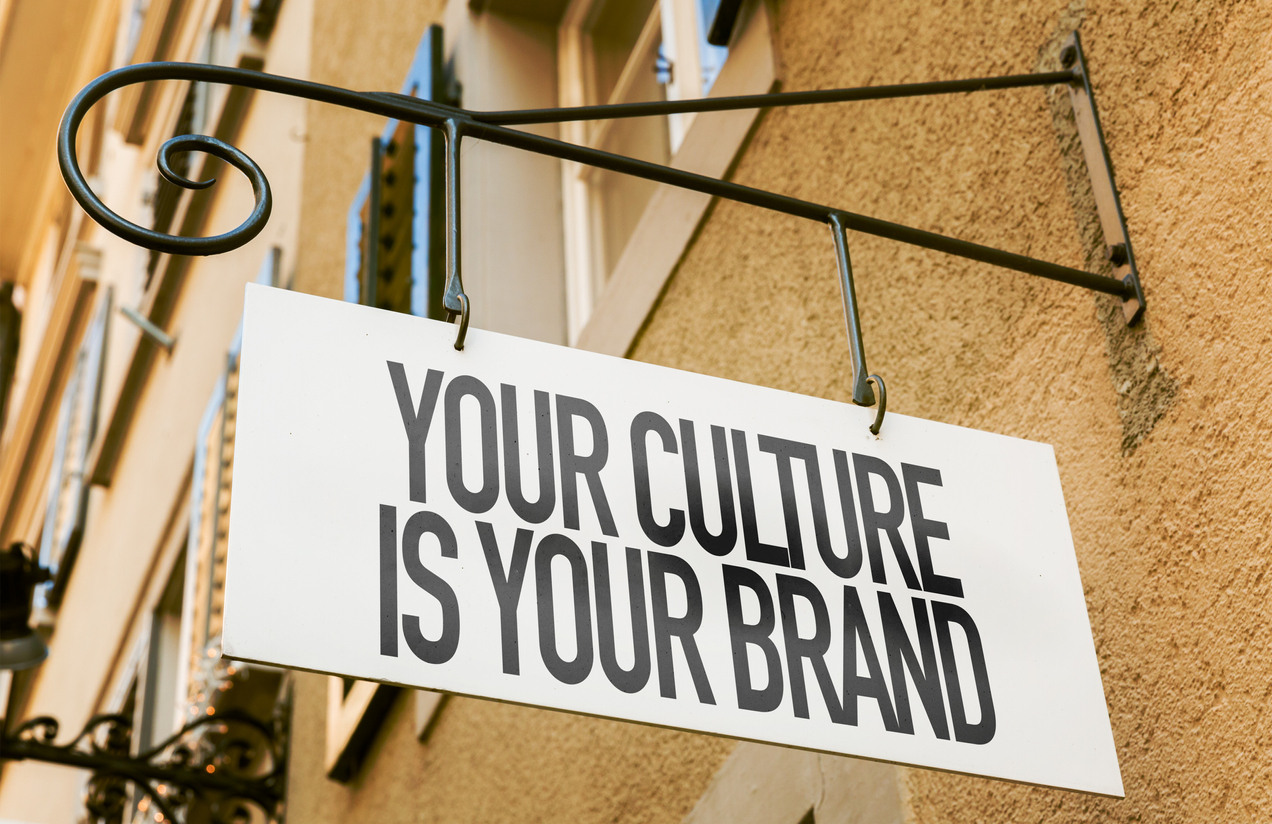Nothing is normal these days. We’ve learned to be creative in everything we do during this crisis, from where and how we work, to finding scarce resources in both our work and personal lives. Rules have changed to accommodate circumstances, and expectations have been colored by those changes. Take for example FDA’s Emergency Use Authorization (EUA). Essentially, this is a green light to push forth much needed services and supplies to support the COVID-19 response efforts with fewer requirements than under normal circumstances. And, the flexing for the circumstance, is exactly why your company’s quality culture matters now more than ever.
Even parents with the strongest and best-intentioned rules find out how quickly their children stop complying when they fail to enforce those rules. Companies with a “do as you’re told culture” vs. a “do as you are taught culture” easily fall into this category. It does not take long for quality to take a back seat when personnel are being told to forgo the normal quality construct and organizational expectations for quality first.
It is said it takes 30 days to change or create a habit. COVID-19 has had us under resource constraints, operating in the gray areas and finding those unique ways to make it work. So, what happens when COVID-19 passes, the EUAs disappear and the expectation to return to normalcy comes, which it invariably will? Will new habits have been established which no longer align with our routine compliance expectations?
Your quality culture is key to making sure that, whatever the return to normal looks like, everyone will understand the difference between the temporary and the permanent. It is critical that, if you have not already had this conversation going into the COVID business universe, that you have it now. Everyone must understand that they cannot create (even if unintentionally) a habit of accepting less than the established quality standard, cutting corners, or sacrificing quality for market demand. This is true even under the current extraordinary circumstances.
A good example is qualifying a new material supplier without following your normal supplier qualification process, which may require an on-site audit and/or extensive due diligence. The supply chain has been disrupted and critical materials are necessary to produce desperately needed medical equipment. Are you working to conduct full qualification while using the new supplier or material; or, are you planning to revert to previously approved materials and suppliers? Either way, how will you make sure that a temporary change in process and expectations does not become a justification acceptable in the next shortage crisis, which may not be a crisis at all?
Companies with an intentional focus on quality culture drive this through active communication, personal ownership, accountability, and transparency throughout the organization. Further, the quality culture is most successful when every employee is engaged to put quality first, with no fear of reprisal for delays or increased cost to ensure the quality principal is in the forefront. These companies are more likely to come out of this disruption with fewer lingering compliance gaps and will be more capable of returning to the normal course of business, continuing to produce high quality products with the safety and efficacy users can rely on because every member of the team knows what is expected. If you want to make certain that your firm’s quality culture stays intact both during this crisis and after, Lachman can help you. Please contact us at LCS@LachmanConsultants.com.




